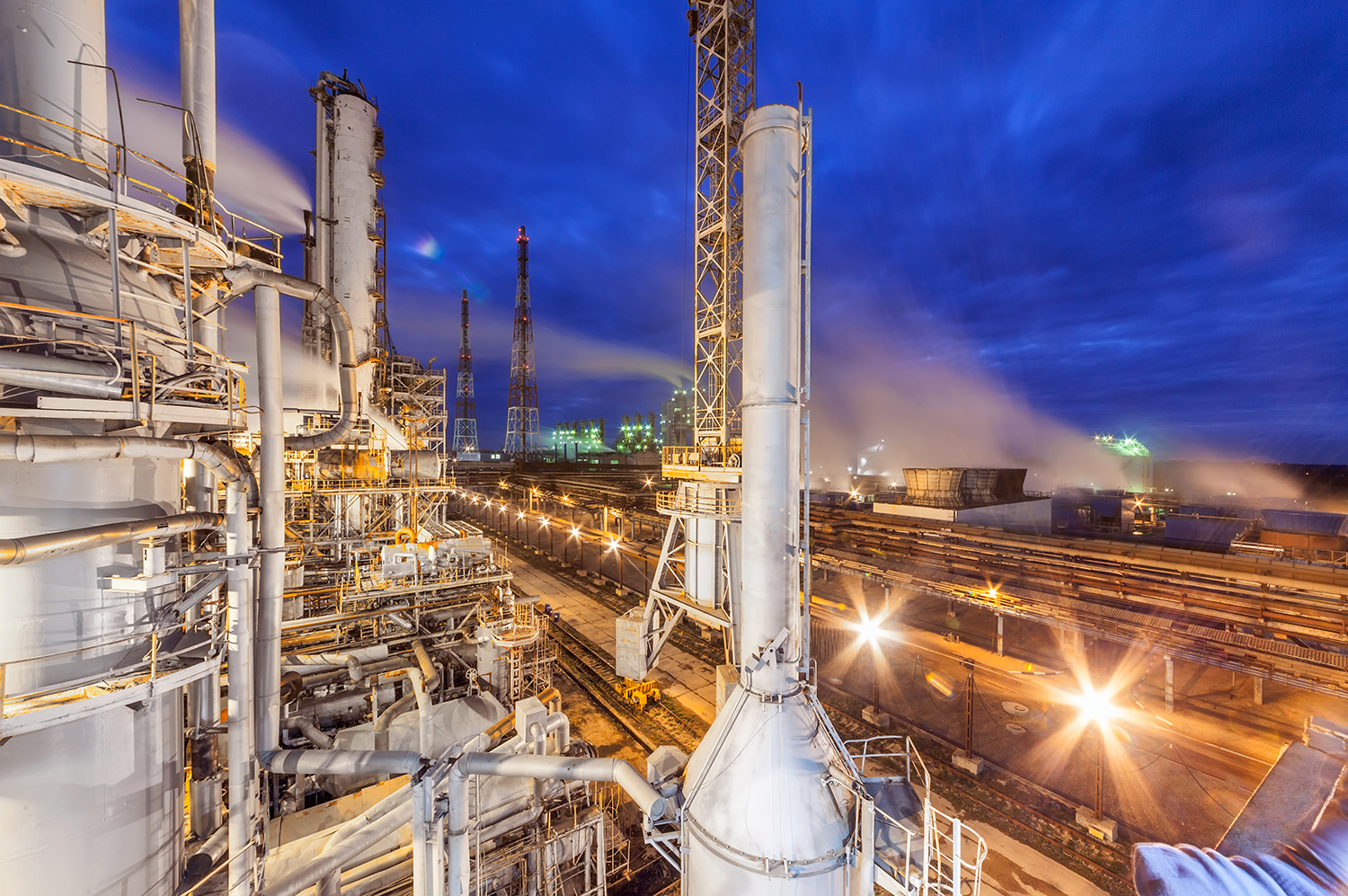The road to future zero emissions demands a new form of ammonia production
A new global collaboration to examine new ways of producing green ammonia is to receive DKK 21 million from the EU framework programme for research and innovation, Horizon 2020. The project is being headed by engineering researchers from Aarhus University

A grant of approx. DKK 21 million (EUR 2.8 million) from the EU framework programme for research and innovation, Horizon 2020 will help a research team from the Department of Biological and Chemical Engineering at Aarhus University to lead a global collaboration aiming to develop new technologies to produce green ammonia.
In terms of volume, ammonia is today one of the ten most important chemicals manufactured globally. The substance is primarily used in the production of fertilisers for modern agriculture, but has lately been envisaged as an opportunity to reduce carbon footprint for other industries, for instance the marine sector.
However, ammonia production is currently far from sustainable and carbon-free. The primary method of producing the annual approx. 235 million tonnes of ammonia used the world over is the Haber-Bosch process, which was invented more than 100 years ago.
Production costs 1.4 per cent of the world's entire energy consumption and it emits approx. 450 million tonnes of carbon dioxide a year - about 1 per cent of all anthropogenic carbon emissions and more than any other industrial chemical production.
"We want to do something about this, and the project will therefore be looking at the advantages of manufacturing climate-neutral, green ammonia from nitrogen and water in scalable reaction technologies for decentralised, local production. We’re taking our outset for the project in three different new technologies, and one of them is an upgrade of the existing Haber-Bosch reactor," says an expert in ammonia technologies, Assistant Professor Emil Drazevic, who is heading the project called ORACLE.
The three technologies for green ammonia production, that Emil Drazevic and his team of researchers are going to analyse and develop in the project are (A) a Haber-Bosch reactor based on heat from electro-magnetic induction instead of the current heat from incineration (B) a plasma-assisted electro-catalytic concept, and (C) an electro-catalytic concept that uses a special catalyst to catalyse ammonia from nitrogen and water at room temperatures.
"The latter functions as a kind of fuel cell, where water and nitrogen are thrown in at one end and oxygen and ammonia come out of the other. The fuel cell only requires energy in the form of renewable electricity. Prior to this project, we completed a very comprehensive survey of suitable catalysts for the task, and it ended up being a very big eye opener. Our Japanese partners in the ORACLE project bring in expertise in water-oxidation catalysts, and we are now extremely excited to have the right team on board and funds to develop full ammonia fuel cells. I think the final outcome could be a neat and safe technology for producing ammonia at local scale," says Emil Drazevic.
The ORACLE project (Novel Routes and Catalysts for Synthesis of Ammonia as Alternative Renewable Fuel) officially starts on 1 May 2021, and it has a total of eight partners, consisting of two Japanese and three European organisations and their industrial partners.
The project partners are: Aarhus University (coordinator), the Dutch Institute for Fundamental Energy Research in the Netherlands, the Jožef Stefan Institute in Slovenia, the Flemish Institute for Technological Research in Belgium, Osaka Research Institute of Industrial Science and Technology and the National Institute of Advanced Industrial Science and Technology in Japan, as well as the companies C2Cat (Netherlands) and Casale (Switzerland).
The project will run for three years.
Contact
Assistant Professor Emil Drazevic
Department of Biological and Chemical Engineering
Mail: edrazevic@bce.au.dk
Tel.: +45 93508345
